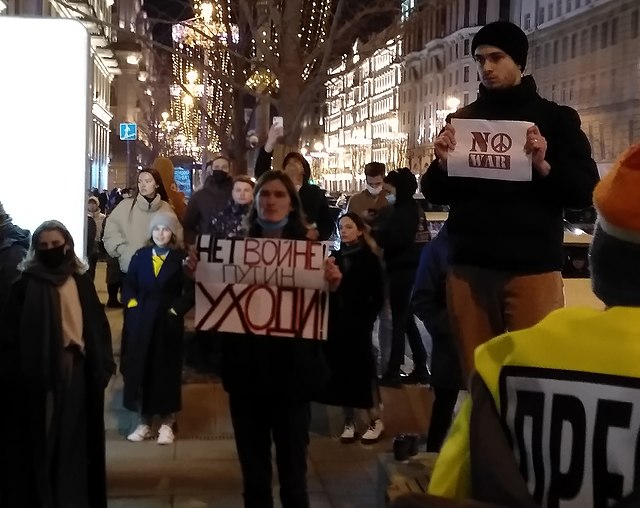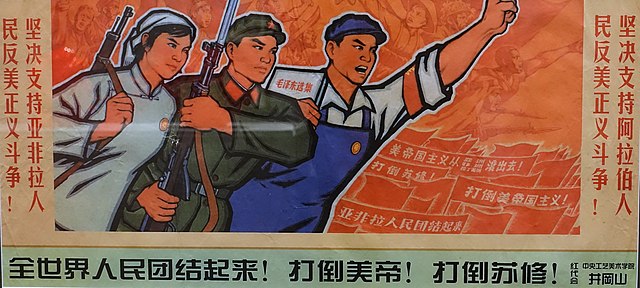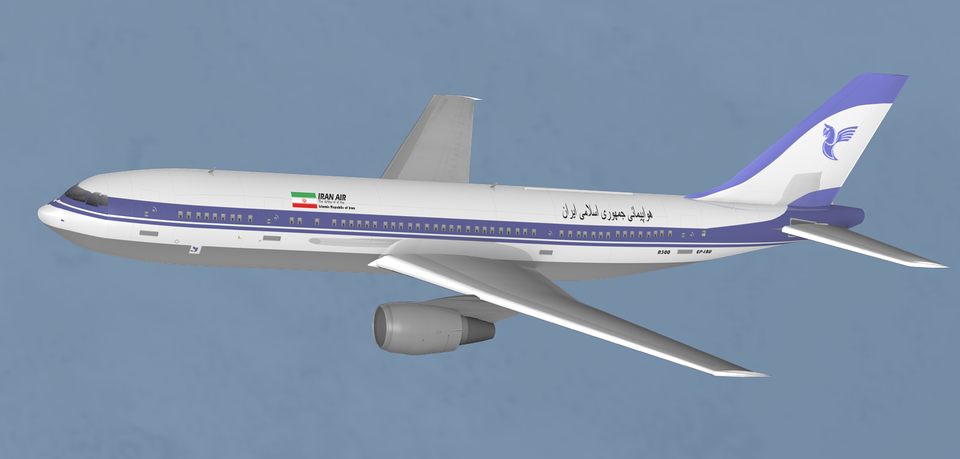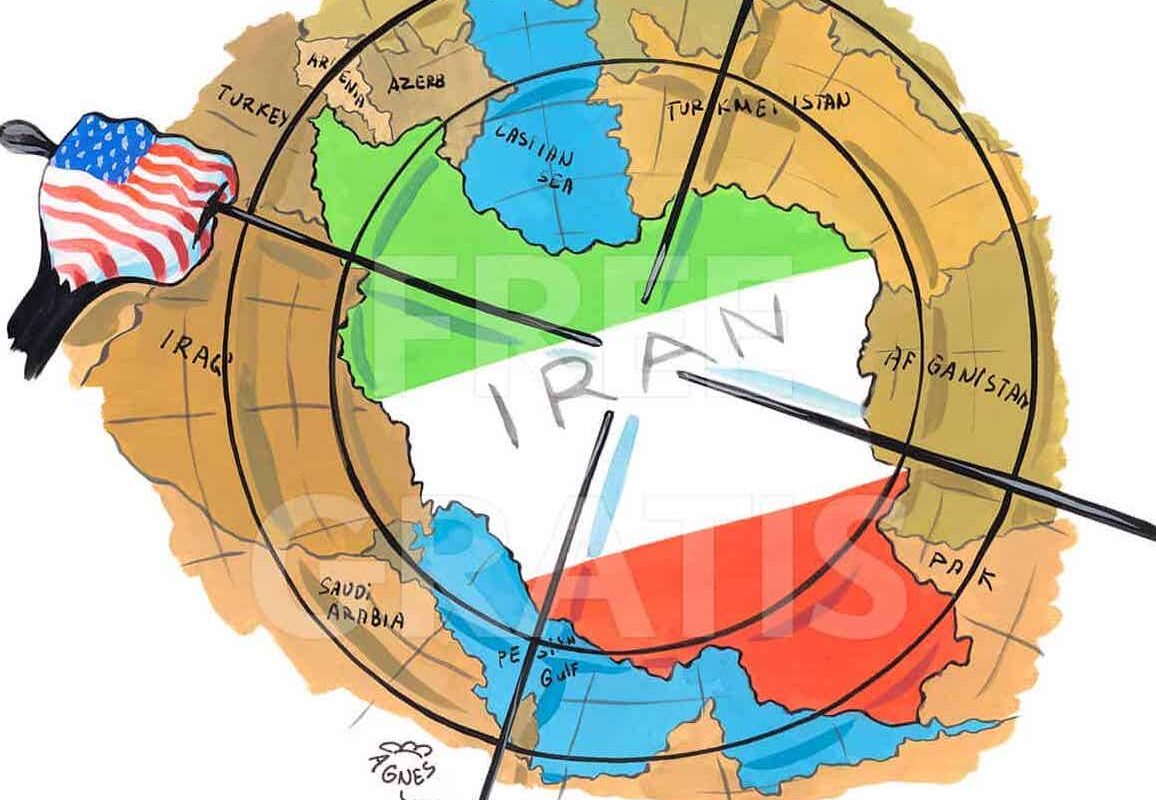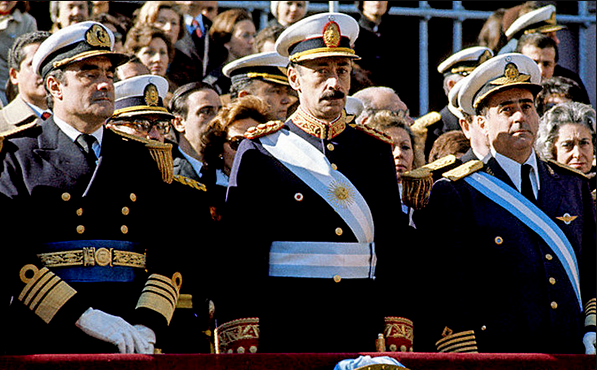This is the second part of an interview with Russian activists. You can read the first part, which includes an introduction to the interviewees, here.
Putin has mobilised 300,000 reservists. Will there be more in the future?
ALEXANDER: My feeling is yes. But I hope no. I do feel that neither Russia nor Ukraine will give up and this could end very badly.
NIKITA: In my organization alone they tried to recruit almost 700 people, one third of all people working there. All my colleagues were talking about going to the frontline, buying equipment, especially good boots, because all of them got army training in the past, and technically they were in the first or second wave of mobilization.
MARIA: It will depend on the success of the Russian army and on the whole war situation. As there are massive losses now and the army is being forced to retreat, the mobilization will continue and there will be more mobilized people in the future. Maybe not right now but in 2-3 months.
DARJA: Even now there are rumors on the net that more than 300,000 have been mobilised.
FAR ACTIVISTS: We don’t know for sure how many are mobilized in reality. And even with these probable 300,000 there’s no understanding about how they’ll be used i.e. how long will they be trained, if trained at all. There are reports that they should even buy their own clothes and medicaments
The ethnic minority of the Crimean Tatars received 80% of the subpoenas in Crimea, being only 12% of the population of the whole occupied region.
Not all of the mobilized people seem to be willing to join the war. We have videos of almost happy new soldiers, but also videos of violence between mobilized people, and reports of all the mobilized getting drunk. It’s already hard to organize this first wave.
Who is being conscripted?
MARIA: It really doesn’t depend on the social group – the Ministry of Defence is just trying to execute the plan so they are trying to conscript every man they can find and scare into joining the army ignoring health issues, age and occupation.
VLADISLAV: Officially they are saying that everyone who served in the military and are under 35 are current targets. People from top universities or from rich/middle class families usually find a way to not serve (postponement because of the higher education, weak health, avoidance, cheating). The lower class is targeted mostly.
ALEXANDER: Everyone below 50 probably. I personally know two white-collar men with no military experience – they got conscriptions this week. Of course it is not a guarantee they will be sent to Ukraine
DARJA: It is not uniform across regions. Crimea or the Chechen Republic seem to mobilize proportionally more people than Moscow, for example.
FAR ACTIVISTS: According to law almost any man (or a woman with war related specialty, i.e. medical) could be mobilized. Some officials publicly claimed that students, people with chronic diseases, elders and IT specialists are exempt from the mobilization”. The laws and official statements have changed many times and vary from region to region.
Some regions face a bigger wave of recruitment. The ethnic minority of the Crimean Tatars received 80% of the subpoenas in Crimea, being only 12% of the population of the whole occupied region. Overall the poorer the region, more people are taken. Also proportionally fewer people are called from big cities, because it’s easier to suppress protests in the countryside.
But people receive subpoenas regardless of the rules and seem to be taken anyway. It seems they just take those who are easy to take, sending subpoenas en masse and are making ridiculous mistakes in the process, like summoning the dead or disabled men.
But we know who will definitely not be called up – State Duma deputies, since they have been given a proper reservation from the government.
What does conscription mean to an ordinary Russian person?
MARIA: Most people don’t want to participate in this war. Some of them are trying to hide or leave the country, some of them say that if they are conscripted they will go to the war to avoid ending up in jail.
ALEXANDER: (1) If I am drafted, I will realize that I am actually going to die (2) If the regular army can’t, what can I do?
OKSANA: Those who don’t try to escape conscription mostly believe that they should protect Russia from NATO and many of them don’t understand how they can escape. Most people in Russia are very poor and cannot afford to quit their jobs and hide – this would affect their families badly.
FAR ACTIVISTS: Patriarchal stereotypes like “a real man should serve in the military” are quite popular in the Russian countryside and are especially dangerous during the war time. They combine well with the idea that the real aggressor is not Russia but Ukraine (or, better said, NATO behind Ukraine), and that we need to bravely protect the country.
Many men cannot afford to lose jobs and hide, so they just obediently answer the war summons. The legal option of saying “no” is almost non-existent now, and most people lack the information anyway.
Women take an active part in the anti-war movements, partaking in street protests, picketing, performances, painting graffiti… especially in the regions. OVD-Info (an independent Russian human rights project) reported that not less than 51% of protesters detained on September 21 were women.
KONSTANTIN: For families of the conscripted, in many cases it’ll mean the loss of the breadwinner, either temporarily or permanently in the very worst cases. I am sceptical about measures the government promises to take to support those families.
We are hearing reports of long queues at the Finnish and other borders. What is the situation for men trying to avoid conscription? How is the EU reacting?
ALEXANDER: People spend 2-3 days in queues in Kazakhstan and Georgia to leave Russia. Some people drop off their cars or sell them for 5 or 6 times less than they are really worth – it seems to be faster to cross the border on foot
VLADISLAV: Some countries are hostile, like Poland, Estonia, Latvia, Lithuania. Some are just unfriendly. Some are neutral. From what I heard, only Germany said that it will help Russians who are trying to escape conscription. However, most Russians don’t even have visas to the EU, and the only way to get there is by car through hostile/unfriendly countries.
FAR ACTIVISTS: Plane tickets are extraordinarily expensive, so people choose to commute by car or by bus. The most popular destinations now are land borders with Kazakhstan, Georgia, Finland and Mongolia, with Kazakhstan being the most popular choice.
Some men are not allowed to cross the border, it is not always clear on what principle. The government has also started to install new “mobile recruitment offices” on the borders with Kazakhstan, Georgia and Finland, you can get a subpoena directly at the border.
It is upsetting to hear that Finland intends to significantly restrict the number of Russians who can enter the country. Baltic countries have also shut down the borders. We understand why this happens – in 2014 Russian “tourists” (but actually agents and fighters) played a role in a Donbas conflict.
The Russian opposition abroad and activists heartily thank our Eastern neighbours for welcoming Russians in dark times like this. EU reaction was ambiguous as we see that Eastern European countries are not willing to accept Russian escapees. Germany announced that it will help those who escape mobilization, but the details are not worked out and this doesn’t function in practice. It is also relatively hard to apply for political asylum and humanitarian visas as many Russians lack records of direct persecution.
What is the role of women in the fight against conscription and repression?
OKSANA: I don’t see much difference with men… Women are in a little bit safer position as they will not be mobilized during the protest, but they still can be imprisoned up to 15 years for this…
FAR ACTIVISTS: Women take an active part in the anti-war movements, partaking in street protests, picketing, performances, painting graffiti and so on. They are the main force in the protests against the war, especially in the regions. OVD-Info (an independent Russian human rights project) reported that not less than 51% of protesters detained on September 21 were women.
Some actions across the country like “Women in black” are women-oriented. As many men flee the country now, women are the ones who see them off and stay inside of Russia and are left to deal with the horrors of Putin’s regime.
How have sanctions affected everyday life in Russia?
DARJA: Of course, some familiar goods have disappeared, and the real incomes of the population have fallen sharply, but on the whole, this is more of an inconvenience than a catastrophe.
FAR ACTIVISTS: The results of the sanctions for an ordinary person are different across the country and depend on the person’s income and area of work. For example, the car industry is heavily affected, as well as tourism and aviation. However not so many people even from these industries have lost their jobs (yet), up until now many are on a forced vacation and still get salaries.
VLADISLAV: Production of cars stopped in Russia. Prices for cars went into the stratosphere. It is now VERY difficult and pricey to fly outside of Russia to most countries with some exceptions. Visa/Mastercard is not working outside of Russia for Russians. It is extremely difficult to move to another country because of this.
MARIA: For the middle and upper-middle class, sanctions made travelling extremely hard and expensive, and increased prices on electronics and some brands. But you need to understand that 70% of Russians don’t even have an international passport to travel. For them sanctions led to the increasing prices on everyday products and the disappearance of life-critical medicines.
What makes me the angriest is that these sanctions didn’t affect most of the rich and powerful. They still can fly their private jets, they still can buy expensive things (that became only a little more expensive but who counts, right?). They still have all the rights and privileges.
ALEXANDER: I do not suffer from sanctions and don’t see any significant changes in my daily life. Instead of increasing poverty in Russia, they could find ways to negotiate with our leaders
Are right-wing and Nazi groups active in Russia? How?
KONSTANTIN: Nothing I’ve ever witnessed personally, but I am pretty sure there are such people/groups, as in nearly any other country. I don’t want to seriously judge how strong it is compared to other countries – nothing extraordinary I would say.
FAR ACTIVISTS: There is patriarchal and nationalistic “Male State”, banned as extremist by a Russian court. Community members are active on the internet, they are famous for harassment, threats and persecution of women with feminist views, LGBT people and people of color. The group started with targeting of women who acted “inappropriate” in 2016, by 2021 the group threatened and organized online attacks on two Russian companies because they used African men and women in the marketing campaigns.
The “Russian Imperial Movement” promotes ultra-nationalist and white supremacist views and has international ties. It has its own training camp for men, where they learn to fight. A few small nationalistic groups, like “Rusich” take part in the war directly. Some of the known members of “Wagner Group”, a Russian private military company that doesn’t exist officially, also have ties to neo-Nazis and right extremists.
Some Russian neo-Nazis also take part in this war on the Ukrainian side. Their unit is called “Russian Volunteer Corps” (do not confuse with the “Freedom of Russia Legion“, which consists of ordinary Russians who defend Ukraine), The Russian Volunteer Corps is organized by far-right militants who fled from Russia to Ukraine after 2014.
Most Russians don’t know anything about these groups and their activities.
Help Ukraine to win. FAR stands for the right to resistance, in which we recognize that defense against military aggression cannot be non-violent.
What can people in Western Europe do to support you? (both the opposition in Russia and people fleeing the country)?”
KONSTANTIN: The strategy of introducing the sanctions against Russia should be reconsidered. The rule of thumb should be: they must primarily affect the people directly responsible for the war and the repression, rather than Russian population in general. So, entry ban for certain Russian officials and their close relatives – good. Take their properties outside Russia – excellent! Extend the list to the known supporters of the regime without official status – nice!
But obliging companies who serve people with food and IT to stop operating in Russia? Who is this pressurising? Forbidding flights between Russia and Europe can’t help stop the war or harm the regime.
Our colleagues in German institutions are sometimes required to avoid co-authoring journal papers with those in Russia. Although I understand emotional grounds of those measures (many Russian institutes officially issued very shameful pro-war statements), this only contributes to isolation between Russian and outside communities, causing harm to both.
I want to stress one important thing that many outside Russia may not quite agree with: if the life of people in Russia gets worse because of sanctions they won’t go to make a revolution. Most of them will just further blame the Western countries. The poorest ones will continue to struggle to survive. The middle class will limit their ambitions, some will move away from Russia. None of this will cause the fall of the regime, neither end of the war.
OKSANA: Many people in Russia don’t believe that the war will stop if Russia stops. They are scared of NATO and the “West” and think that if Russia gives up Ukraine, the war will continue inside Russia.
It is very difficult to prove to people that stopping the war and admitting that it was a mistake to start it is the right move. I think it is important to show ordinary Russians that Western Europe doesn’t want them to be killed and enslaved and starve to death and that we are not really enemies and no one has a goal to eliminate Russia and Russians.
ALEXANDER: I believe that Western Europeans should urge their leaders not to escalate the conflict and do not support EU decision to supply weapons to Ukraine as it only increases the number of deaths. I consider Ukrainians as a brotherly nation and the United States to be the true evil here.
MARIA: Stop “cancelling” Russians and spreading the word that all Russians are bad, and support the president and this war. It’s simply not true and for an average Russian person this cancelling only makes them believe that the government and Putin are right about how EU is afraid of Russia and therefore want to wipe it out. Instead of cancelling, make EU entry easier for people fleeing the country. At the moment it’s almost impossible to receive a Schengen Visa in Russia and therefore go to EU.
VLADISLAV: I can’t imagine what can be done outside supporting the opposition. As for the people leaving Russia – the first problem they face is lack of options how to get away, and the second is the extreme difficulty to get your money out of the country. So it would be great if Boeing/Airbus and flights to EU and other countries returned and if it would be possible to pay with Russian cards abroad. But I doubt that anything from that list can be done.
FAR ACTIVISTS: Help Ukraine to win. FAR stands for the right to resistance, in which we recognize that defense against military aggression cannot be non-violent.
It is not easy for Ukrainians who were deported to Russia even to get to EU borders as they lack money, information and sometimes documents. There are volunteers who will try to help them, but the process is dangerous and slow so many Ukrainian refugees are still in Russia. Making it easier to pass the EU borders for them would help.
A lot of people left Russia through Kazakhstan, Armenia, Uzbekistan etc, some of them want to apply for European visas. Many have found study or work opportunities since February, but didn’t finish their visa application processes in Russian. They are being asked to return to Russia to apply for their visas. It would be nice if they could do that directly through embassies in these countries, because returning to Russia is not safe.
There is also a fear in the regions that the Russian authorities will declare those who fight against the regime Islamic or other types of terrorists and extremists, and the European public will support this as it happened during the Chechen wars. We ask you to support the Russian resistance and give it a voice, especially to the people from the regions.
The withdrawal of companies that have something to do with Internet connectivity is a major problem, because without the Internet we’ll have no means to fight propaganda properly. There’s a petition about that.
The names of the interviewees have been changed for obvious reasons.
